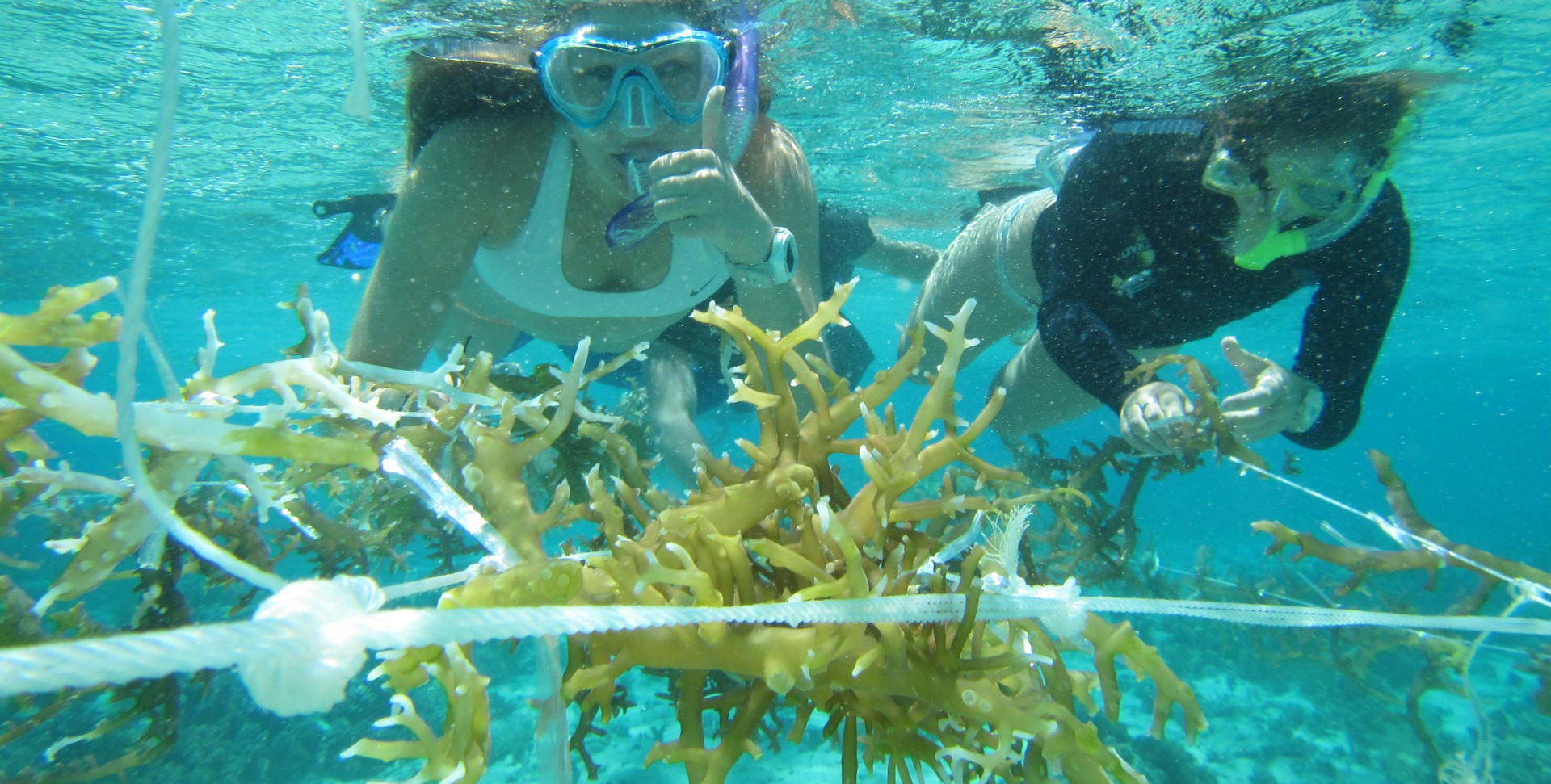Learn about the importance of employability skills in this article. Discover the top 12 employability skills that employers look for when considering potential hires.
GVI
Posted: August 5, 2023

GVI
Posted: January 27, 2023
One of the most fascinating and important places on Earth is the ocean. It covers over 70% of our planet and is home to an incredible array of species, many of which we have yet to discover. However, the ocean is facing a number of threats, from pollution to overfishing to climate change.
Marine conservation helps to protect the incredible array of species that call the ocean home. From majestic whales to tiny plankton, every species plays a vital role in the ocean’s ecosystem. By protecting these species, we are also protecting the ocean’s overall health and biodiversity. Marine conservation also helps to ensure that we can continue to enjoy all the benefits the ocean provides us. The ocean generates over 50% of the oxygen we breathe and helps regulate our climate. It is also an important source of food and medicine, and a major driver of economies through tourism and recreation.
The ocean is facing a number of threats, including pollution, overfishing, and climate change. Pollution from plastic waste and chemical compounds is a significant problem, as it harms marine life and can disrupt entire ecosystems. Similarly, overfishing depletes important fish populations and can cause a ripple effect throughout the food chain. Climate change, including rising sea levels and ocean acidification, also poses a threat to marine environments and the species that depend on them.
Marine conservation helps to protect the incredible array of species that call the ocean home. The ocean is home to an estimated 8 million species, many of which we have yet to discover. Each of these species plays a unique and important role in the ocean’s ecosystem. By protecting these species, we are also protecting the ocean’s overall health and biodiversity. This is particularly important as the loss of biodiversity can lead to the collapse of entire ecosystems.

The ocean also provides a number of economic and societal benefits. It is a major source of food, with fish and seafood providing a vital source of protein for billions of people. Additionally, the ocean is an important source of medicine, with compounds found in marine organisms used to develop a variety of drugs. The ocean is also a major driver of economies through tourism and recreation.
Marine conservation is not only important for ecological and economic reasons, but it is also an ethical responsibility. We have a responsibility to protect the ocean and its inhabitants for future generations. The ocean has been around for millions of years, but in just a few short decades human activities have caused significant damage. It is our duty to take action to protect and preserve the ocean for future generations.
Individuals can get involved in marine conservation in a number of ways. Some simple actions include:
– Reducing plastic use and properly disposing of waste.
– Supporting sustainable fishing practices.
– Choosing eco-friendly products and companies.
– Supporting marine conservation organisations financially or through volunteering.
– Responsible tourism, such as choosing eco-friendly tour operators and avoiding activities that harm marine life.
– Advocating for marine conservation policies and legislation.
GVI offers marine conservation programs that allow individuals to get involved in conservation efforts directly. These programs include monitoring and research, climate change, coral bleaching, marine debris removal, and education and community outreach. From volunteering and internships to professional apprenticeships and research fellowships, GVI’s programs offer hands-on opportunities for individuals to make a positive impact on marine conservation efforts. All of GVI’s marine conservation programs are locally-led, managed in collaboration with partner organisations on the ground and aligned with the United Nations Sustainable Development Goal (UN SDG) 14: Life Below Water.
Marine conservation is essential in protecting the ocean and its inhabitants, preserving resources for future generations, and maintaining the ecological balance of the ocean. It is an ethical responsibility for individuals and society as a whole to take action to protect and preserve the ocean for future generations. There are many ways to get involved in marine conservation, from simple actions to more direct involvement through organisations like GVI.

Learn about the importance of employability skills in this article. Discover the top 12 employability skills that employers look for when considering potential hires.
GVI
Posted: August 5, 2023